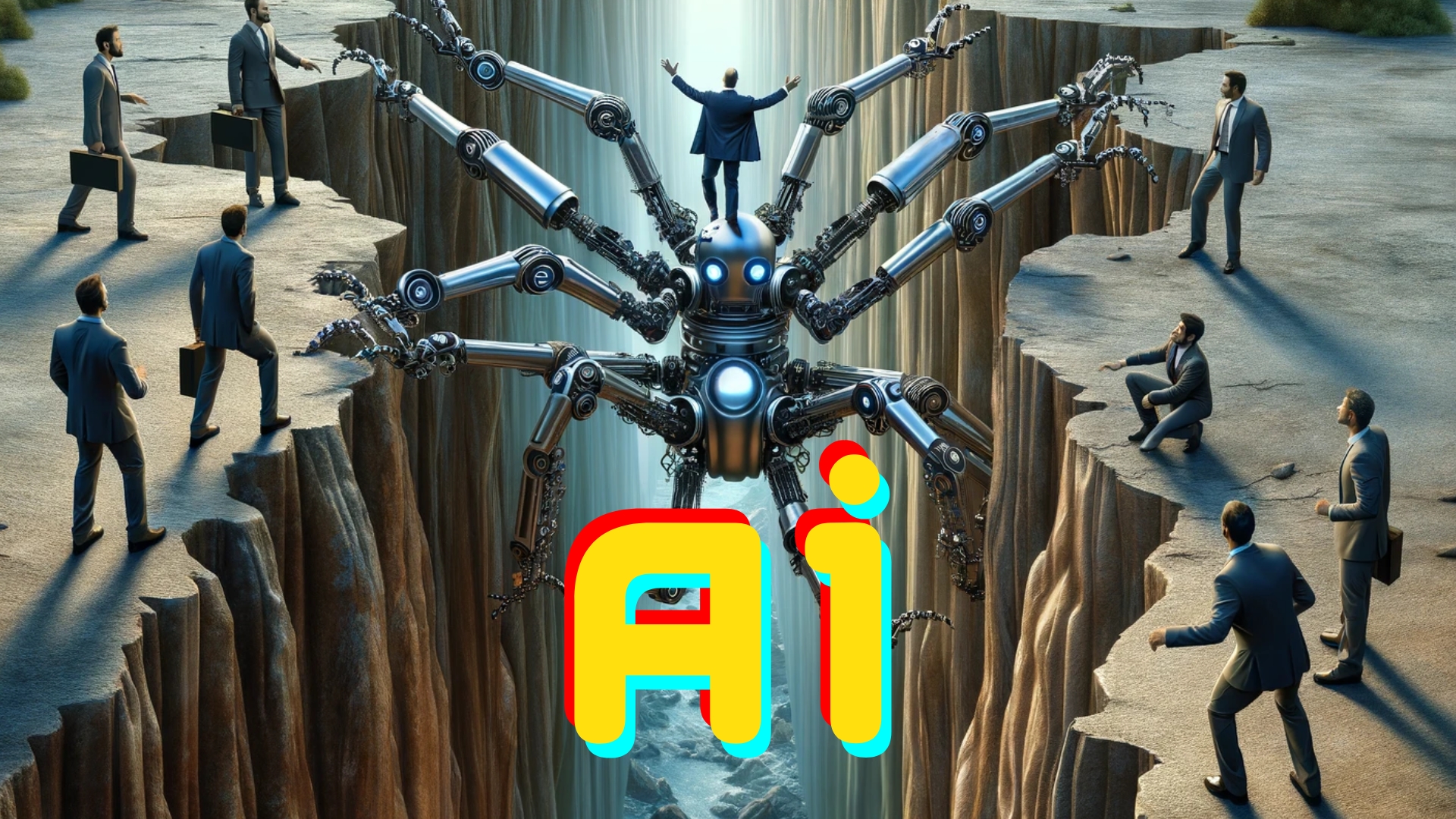1 min read
Why Are Executives Embracing AI While Employees Remain Skeptical?
Ian Robertson
:
Mar 19, 2024

As the workplace evolves, the C-Suite is eager to harness artificial intelligence (AI) for the efficiency and productivity we’ve all been promised. However, a recent study by TechRadar has unveiled a notable trust gap when it comes to AI in the workplace.
While company leaders eagerly anticipate the transformative possibilities of AI, employees harbour skepticism and concerns about their job security.
According to the report, only 52% of employees share the enthusiasm of C-suite executives towards AI. Additionally, 23% of employees doubt their company’s commitment to their interests when implementing AI. Despite these reservations, a substantial 70% of business leaders view AI as a tool to assist rather than replace human workers.
To navigate this landscape and usher in the spring of AI adoption smoothly, businesses must take proactive steps to reassure their employees about the safety of their roles. Open and honest conversations serve as the foundation, where company leaders explain the rationale behind introducing AI and its benefits for both the organization and individual roles. It’s crucial to emphasize that AI is intended as a supportive resource, not a threat to jobs.
Investing in training programs is another essential aspect of preparing employees for the AI revolution. By providing the necessary skills to work alongside AI, companies empower their workforce and demonstrate that AI can enhance job satisfaction and value.
Furthermore, businesses must underscore that AI initiatives are designed to complement human capabilities rather than replace them entirely. AI can handle repetitive tasks, freeing up employees to focus on more creative and strategic aspects of their work, thereby making their roles more fulfilling.
Establishing clear guidelines for responsible AI use is imperative to instill trust and confidence among employees. Highlighting the company’s commitment to ethical practices ensures that employees are aware of the principles guiding AI implementation.
Involving employees in the AI implementation process fosters a sense of ownership and inclusion. Seeking their input, addressing concerns and making them part of the solution demonstrate that their contributions are valued.
Lastly, promoting a culture of continuous learning reinforces the idea that AI is a tool for growth and innovation, not a threat to job security. By offering opportunities for ongoing education and development, small businesses can ensure that their workforce remains relevant and valuable in an AI-driven workplace.
As businesses embrace AI with transparency, education and collaboration, they can navigate the trust gap and usher in a season of growth and innovation in the workplace.
If you’d like a few tips or some help implementing AI technology into your workplace, contact us. We do this stuff every day and would be happy to offer some advice.